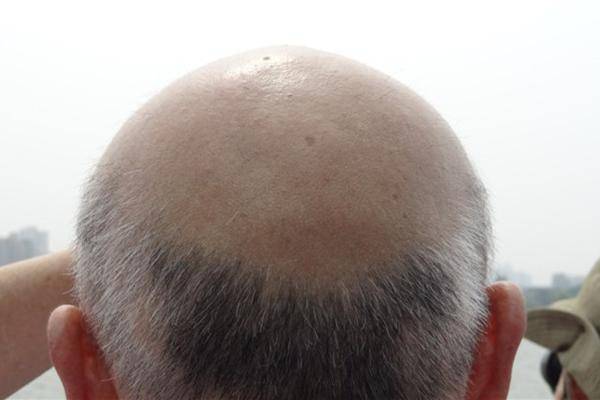Androgens are a general term for a type of hormones in our body, with testosterone being the main and most representative one. Both men and women secrete androgens, though males often have higher levels. Androgens play various roles in promoting male development, enhancing and maintaining male sexual function, and stimulating protein synthesis.
It is often heard that a lack of androgens in males can lead to hair loss; however, this statement is inaccurate. “Androgenetic alopecia” ranks among the top in all types of hair loss and affects approximately one-fourth of men in our country.
However, androgenetic alopecia is not caused by a lack of androgens; research has found that men suffering from this condition have normal androgen levels. The real culprit is known as 5α-reductase and androgen receptors. Although androgens play a significant role in hair loss, they are not solely responsible. Claims about hair loss due to excessive or insufficient androgens lack scientific evidence. So, what are the manifestations of androgen deficiency in males?
Manifestations of Androgen Deficiency in Males
Androgens promote male development and secondary sexual characteristics differentiation. Boys lacking androgens during growth may have less pronounced secondary sexual characteristics such as facial hair and Adam’s apple, resulting in a less deep voice and overall insufficient masculinization. These symptoms should not be taken lightly and require timely treatment, as they can even lead to developmental issues in genitalia.
An increase in body fat and abdominal enlargement are also signs of androgen deficiency in males. This is because androgens are responsible for promoting protein synthesis, accelerating organism growth, and controlling muscle growth. Insufficient androgens inhibit muscle growth and make fat accumulation easier, which is why middle-aged men over 40 are more prone to gaining weight.
Androgens also play a role in various hematopoietic functions in the body; a lack of androgens can lead to symptoms like anemia and osteoporosis. Feeling lethargic, being prone to anxiety, and having trouble sleeping may also be attributed to androgen deficiency.
Androgens also affect the quantity and quality of sperm, so their deficiency can cause infertility. With androgens playing a crucial role, their deficiency must be prevented. What are the measures for supplementing androgens?
Methods of Supplementing Androgens
Androgen deficiency requires proper supplementation; blindly consuming various so-called “kidney-tonifying” health supplements may not be effective and could potentially harm the body. Treatment for androgen deficiency should be managed only by specialized doctors. Follow medical advice to determine the necessity of taking androgen supplementary drugs.
In daily life, regular physical exercise is helpful for maintaining normal androgen levels in men. Engaging in aerobic exercise for over 30 minutes at least three times a week can not only enhance blood circulation but also improve metabolism to stimulate androgen secretion. Exercise can also help maintain physique, control weight, and enhance male charm.
Eating more nuts in daily life can boost androgen secretion. Animal offal is often high in zinc, which aids in androgen synthesis. However, portions should be controlled, and it’s advisable to have a diet rich in fresh vegetables and fruits, with meat consumption limited to a palm-sized portion per day.


